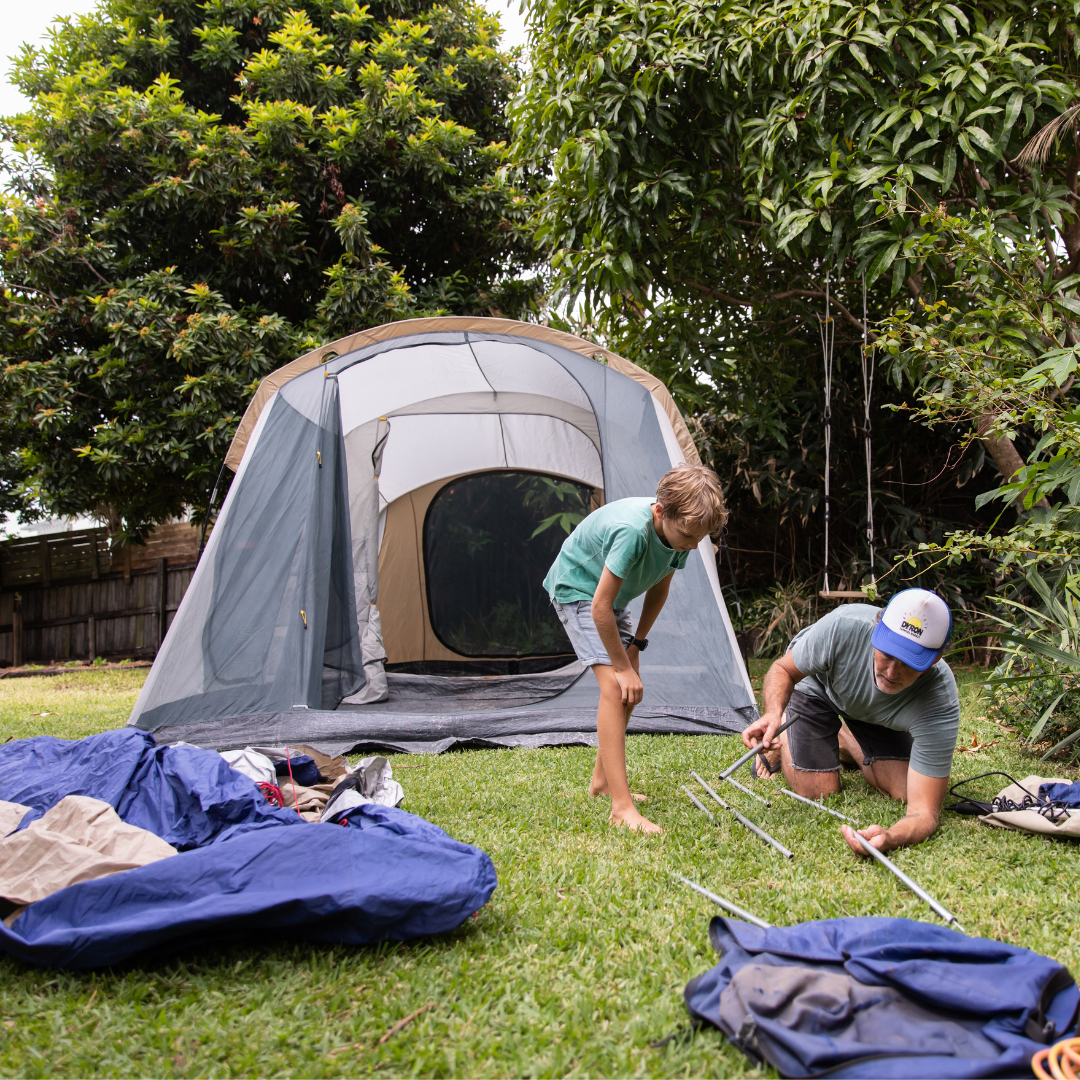Are you looking for ways to keep your children's minds sharp while still having fun this summer? As a responsible parent, you value balancing learning and leisure.
To help you make the most of your child's summer experiences and avoid the dreaded academic slide, below are some useful tips on intertwining learning with everyday experiences, regardless of your child’s age or the activity.
Embark on Exciting Volunteering Adventures
Encouraging your children to volunteer is an excellent way to teach them about empathy, community, and the impact of their actions. You can plan a family outing to a nearby food shelter where they can lend a helping hand and experience the joy of assisting others. This kind of activity will help them understand the value of giving back while building their teamwork and communication abilities. Moreover, it's an opportunity to create unforgettable memories as a family.
Acquire Essential Life Skills with a Job
Encouraging your teenager to get a summer job can have multiple benefits. It can help them recognize their strengths and weaknesses and improve vital communication, organization, and time management skills. A seasonal job also allows teens to experience the concept of teamwork and make new friends. And by earning and managing their own money, they will learn about financial responsibility.
Unleash Your Child's Inner Explorer at Summer Camp
Summer camp offers many opportunities for kids to have a blast while learning new skills. Whether it's a sport, art, or science camp, children can engage in hands-on activities that foster their interests and boost creativity. Encourage them to share their experiences with you, allowing them to reflect on what they've learned and develop storytelling abilities.
Discover the Thrills of Backyard Escapades
Transform your backyard into a treasure trove of learning adventures! Create a mini-garden to teach your children about plants, insects, and the marvels of nature. Motivate them to maintain a nature journal depicting and detailing findings. With activities ranging from observing birds and butterflies to planting seeds and monitoring their growth, the backyard offers limitless opportunities for scientific exploration.
Unlock their Inner Chef with Kitchen Creations
The kitchen is a haven for learning disguised as fun. You can involve your child in baking or cooking activities where they can practice math skills by measuring ingredients or following recipes. Encourage them to be creative with flavors and textures. Not only will they develop a taste for culinary arts, but they'll also learn about nutrition, teamwork, and problem-solving!
Foster the Joy of Beach Reading
A day at the beach is the perfect opportunity to indulge in reading adventures, so why not suggest they pack their favorite books? Create cozy reading spots with blankets and beach chairs, and let their imaginations soar as they dive into captivating stories. Discussing the books they read will enhance comprehension skills and expand vocabulary.
Create Lasting Memories with Grandma
Spending time with grandparents or extended family is a source of joy and a treasure trove of wisdom and shared experiences. Plan sleepovers at Grandma's, where children can learn about their family’s past, participate in storytelling, and even try their hand at an old family recipe. Encourage them to ask questions and actively listen to the stories shared by grandparents or loved ones. These cherished moments create strong connections while building an appreciation of family heritage.
In Conclusion: Find a Happy Balance
As parents, it is essential to balance fun and learning for children over the summer months. By intertwining education with everyday experiences, parents can ensure that children continue to grow intellectually while making unforgettable memories. From volunteering and summer camp adventures to backyard explorations, kitchen creations, beach reading, and family sleepovers, the opportunities for fun-filled learning experiences are endless.
For more ideas on avoiding the summer slide, check out our blog called Want to avoid the summer slide? Here's How.
Here’s to a happy summer full of adventures that combines excitement, growth, and the joy of learning!































